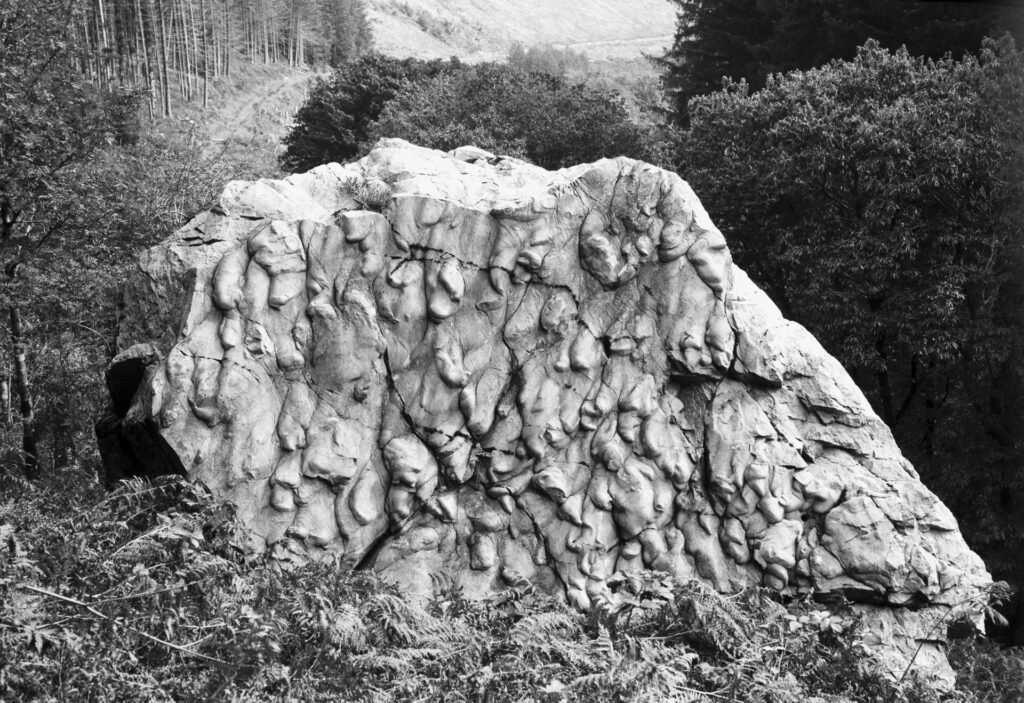Remember these? How long has it been since you stored important files– especially photos– on Zip disks? It’s been three decades for me, since higher-capacity CD-R media showed up in the mid 1990s.
Just this week, while searching for something else in our furnace/storage room, I rediscovered the box where I stuffed my Iomaga drive and dozens of disks. All holding image files from my earliest photo exhibits.
As they still do. I connected the Iomega drive to my Windows 10 laptop, the computer recognized it, the disks worked perfectly, and I quickly reclaimed my files. Like a Noah’s Ark, the little 100MB Zips preserved files I thought I’d lost over decades of PC crashes, floods and lightning storms.
Microsoft has given PC owners an October 25th “deadline” to install Windows 11 on machines that can handle it. (See a recent UPDATE below.) So if you still have a Zip drive and disks, do they hold images (or other files) that you want? They’re probably still there. And while we can’t assume they’ll remain accessible under Windows 11, I think they probably will.
This whole Windows issue seems moot for me. Though my Lenovo Legion Y720 laptop is only about 7 years old, Microsoft’s W11-compatibility-checking tool says I can’t upgrade because its Intel Core i7-7700 HQ CPU is incompatible (to use the tool, click the “Check for upgrade now” button at the bottom of that page). I don’t think I can do much about that. So for now, I’ll stick with W10 until it becomes obvious that I need to shift this machine to Linux/Ubuntu (a process that has worked well for me on other notebooks).
UPDATE: I just received a Microsoft notice that Windows 10 systems are “no longer receiving support or free software updates after Cctober 14, 2025.” Based on the company’s past behavior, though, I still don’t believe they will stop ALL updates to W10 that soon. After all, one of Microsoft’s 2024 alerts about this deadline said that it would also spell the end of updates to operating systems going as far back as Windows 7! Really? So might W10 still receive at least a FEW critical updates for years to come?
–Dave Powell is a Westford, Mass., writer and avid amateur photographer.
Share this post:









Comments
Scott Bassett on Zip Disks – A One-Shot Public-Service Announcement
Comment posted: 26/09/2025
Comment posted: 26/09/2025
Comment posted: 26/09/2025
Comment posted: 26/09/2025
David Voss on Zip Disks – A One-Shot Public-Service Announcement
Comment posted: 26/09/2025
https://www.microsoft.com/en-us/windows/extended-security-updates
Comment posted: 26/09/2025
Comment posted: 26/09/2025
Comment posted: 26/09/2025
John Bennett on Zip Disks – A One-Shot Public-Service Announcement
Comment posted: 26/09/2025
Imagine if our relatives had stored their pictures on the 100 year-old equivalent of the floppy disc or hard drive. Lost forever.
Comment posted: 26/09/2025
Ben Mackey on Zip Disks – A One-Shot Public-Service Announcement
Comment posted: 26/09/2025
Comment posted: 26/09/2025
Russ Rosener on Zip Disks – A One-Shot Public-Service Announcement
Comment posted: 26/09/2025
Comment posted: 26/09/2025
Tim Bradshaw on Zip Disks – A One-Shot Public-Service Announcement
Comment posted: 26/09/2025
TLDR: don't assume that your old digital media will be readable for ever, even if you can find the right interface. It won't. Copy it now, and keep copying it to new storage every few years. Also, do not assume that data you have in the clown will survive and certainly never assume this unless you are paying the clown.
Any information storage medium has a finite expected lifetime. After that lifetime ends the chance of being able to retrieve information falls (indeed it falls before it, but it often falls more rapidly after it) and the information that is retrieved may be degraded.
For media like film (kept in good conditions) it's often easiest to regard that lifetime as zero, and then to understand the rate at which the information degrades. So you can think of film as hust degrading at some known rate from the day the neg is first fixed and washed fir ever. For well-processed B/W kept in good conditions that rate is pretty low. But it's not zero: your negs will be significantly degraded in a few millennia, however carefully you and your descendants look after them.
But this comment is really about digital storage, and here the lifetime really matters. As an example, if you look at spec sheets for HDDs, they will often quote mean between failure figures, and these will often be in the region of a million hours. This does not mean the device will last for a century: it means that over their rated life, which will be a few years, perhaps a decade, then you can expect these to fail at a rate corresponding to the MTBF. After the rated life the failure rate will climb, often fairly steeply.
It's really tempting to do various sums based on MTBF for digital storage devices and then think 'OK, if I make four copies on four devices then I'll almost certainly be fine for a century', or have some RAID solution. You won't: after a century your grandchildren will almost certainly have four dead devices.
The solution to this for digital data is to endlessly keep copying it to new, young, devices. You might be OK if you choose, very carefully, devices which have long expected lifetimes. The best CD-Rs may have lives upwards of a century (DVD-R and the blu-ray equivalent are not as good). My Sigma dp2Q writes 59MB raw files, so 14 images/disc, so ... a lot of discs: probably the copy-endlessly strategy is best.
Of course, unless you are famous or have very assiduous children, the copy-endlessly strategy will stop working when you die. A decade or so after that all your digital images will probably be gone. Your film images, on the other hand, may well be fine.
(Comment edited since it was repeated!)
Comment posted: 26/09/2025
Gary Smith on Zip Disks – A One-Shot Public-Service Announcement
Comment posted: 26/09/2025
Comment posted: 26/09/2025
Comment posted: 26/09/2025
Leon Winnert on Zip Disks – A One-Shot Public-Service Announcement
Comment posted: 27/09/2025
Widows 11 upgrade. Hmm. I have a lap-top and a desk top running windows 10 and they work quite seamlessly. I also have a desk top running windows 11. The experience is pants. My message to MS is if ain't broke don't fix it. I have anxiety attacks as to the damage and disasters that will befall my computers and data when I get to the point that I am forced by MS to replace perfectly good and easy to use operating sytaems with something yhat in my opinion is substandard on all fronts.
Comment posted: 27/09/2025
Benjamin Chan on Zip Disks – A One-Shot Public-Service Announcement
Comment posted: 29/09/2025
Comment posted: 29/09/2025